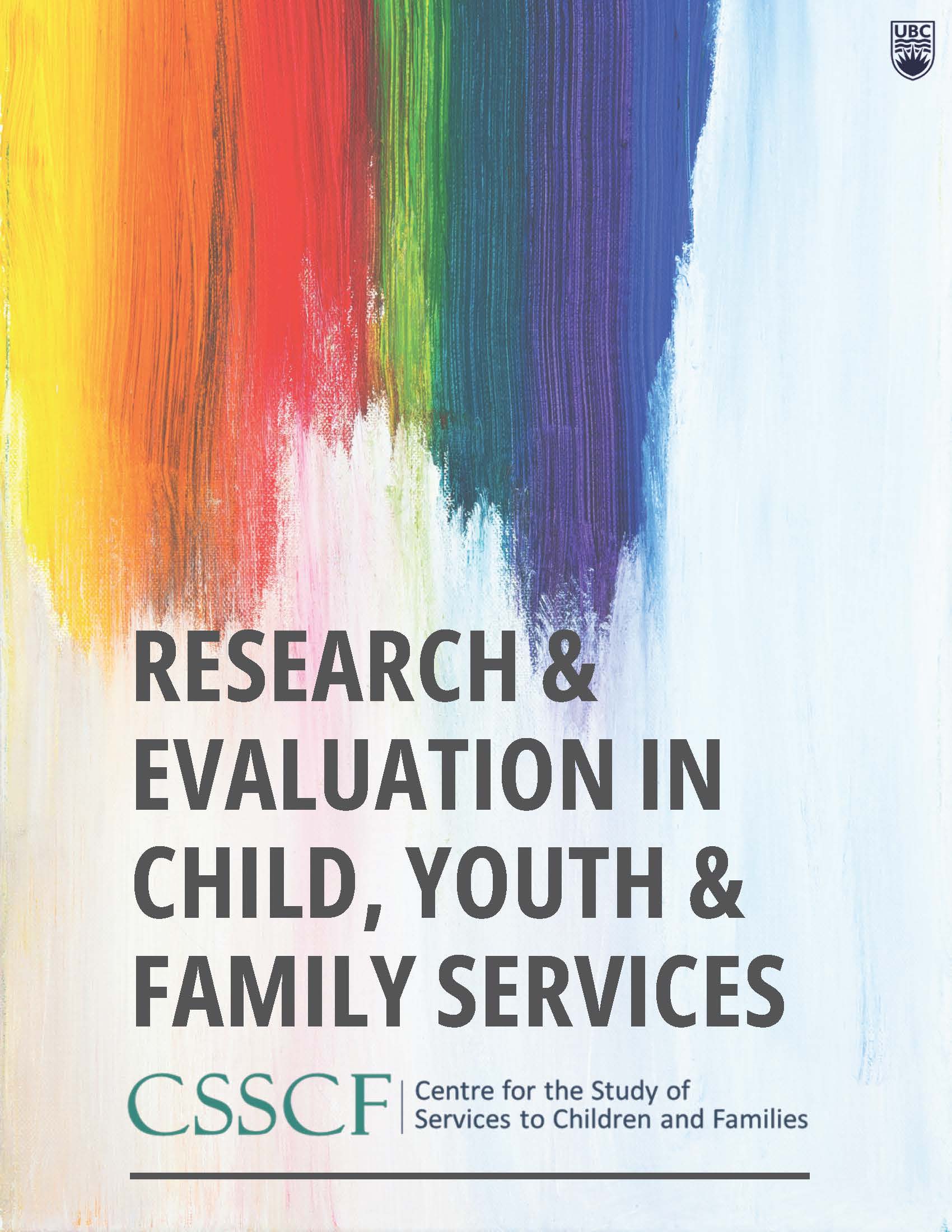Where is the Magic in Counsellor Training?
Thematic Analysis on the Self Reported Learning Experiences of CYHC Counselling Interns
DOI:
https://doi.org/10.14288/recyfs.v2i1.197567Keywords:
Ministry of Children and Family Development (MCFD), Chilliwack Youth Health Centre (CYHC), interns, counselling, Enhanced Critical Incident MethodAbstract
This project was completed in partnership between the Ministry of Children and Family Development (“MCFD”), The Chilliwack Youth Health Centre (“CYHC”), and The University of British Columbia School of Social Work (“UBC”). The CYHC Drop-In Counselling program is a unique program in which youth aged 12 through 26 can receive on-demand, solution-focussed counselling by counselling interns. Interns provide counselling and receive supervision from licenced counsellors and psychologists to aid in their learning. The service is well-utilized, with consistent demand from the service-using population (Lees, R., personal communication, October 3, 2019). While research on the effectiveness of the program for service users has been completed previously by UBC student researchers, there is no research on the experience of the interns practicing at the CYHC. The evaluation of this program includes a literature review of effective group and internship learning strategies designed to inform thematic analysis and recommendations. The research itself was shaped by Social Learning Theory and Ecological Systems Theory (Liu et al., 2020; Fearnley, 2020).
All participants were either counselling interns at the CYHC, regardless of internship duration or length, or interns providing supervision to those conducting counselling sessions with clients. A total of ten interviews with ten participants were recorded over a two-day period. Data was collected in semi-structured interviews utilizing the Enhanced Critical Incident Method as it allowed participants an opportunity to volunteer information on ‘critical incidents’ they felt was impacting their experiences as interns at the CYHC (Butterfield et al., 2009). All recordings were transcribed verbatim, coded using both descriptive and structural methodology, then analysed using thematic analysis technique (Braun and Clarke, 2006).
In looking to the future, the content of these themes should be used to inform the development of the CYHC Drop-In Counselling program. However, there are limitations to the research associated with sampling bias, socially desirable behavior, confidentiality, and lack of representation from all intern educational levels. Despite these limitations, participants were engaged with the research and provided actionable suggestions for improving the CYHC program. The research yielded a number of recommendations: (a) having a greater orientation to the program to clarify previously uncovered areas, (b) continuing to offer the current model of supervision, and (c) continuing to offer both in-service and external educational opportunities. The researchers hope that the findings contained in this report are helpful for the development of counselling programming and improve the experience of interns and clients alike.
Downloads
Published
Issue
Section
License
Copyright (c) 2022 Research and Evaluation in Child, Youth and Family Services

This work is licensed under a Creative Commons Attribution-NonCommercial 4.0 International License.
This work is licensed under a Creative Commons Attribution-NonCommercial 4.0 Inrernational License. Copyright for articles published in this journal is retained by the authors, with first publication rights granted to the journal. By virtue of their appearance in this open access journal, articles are free to use, with propoer attribution, in edicational and other non-commercial settings.


